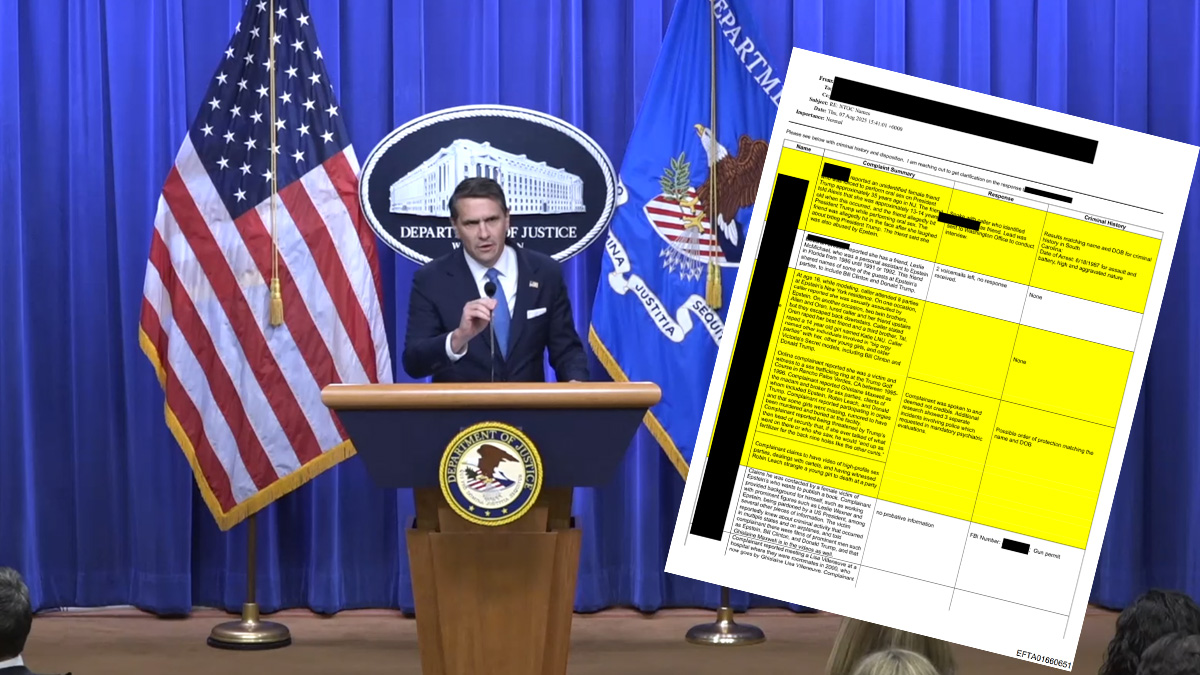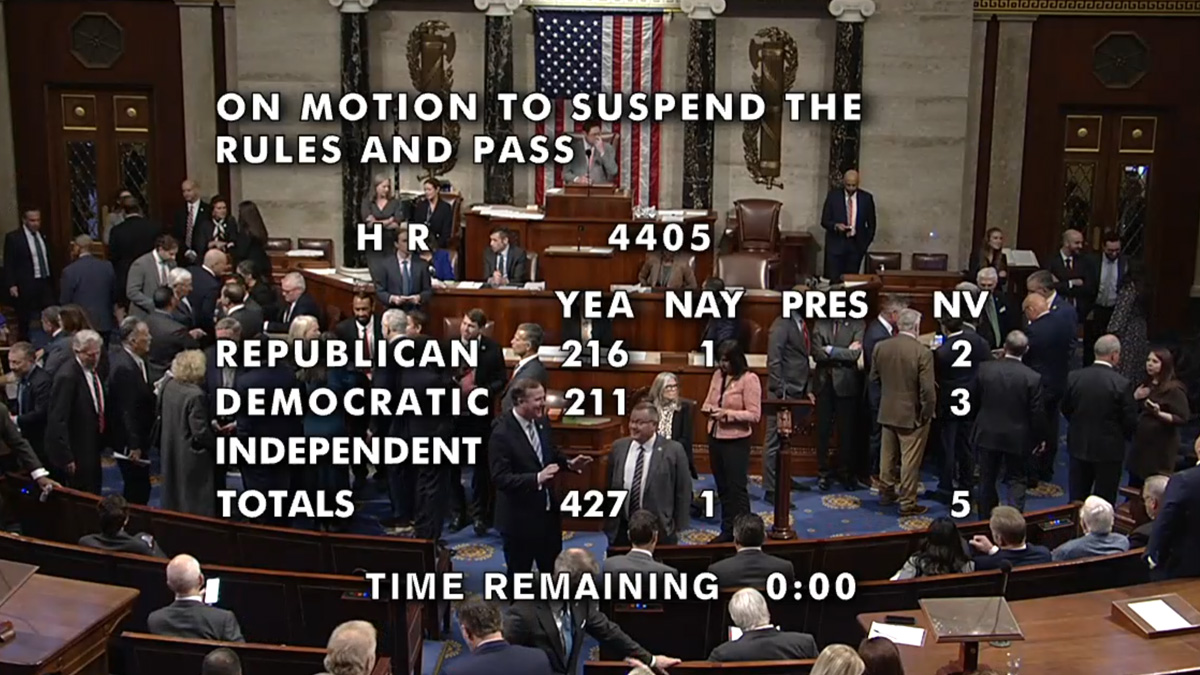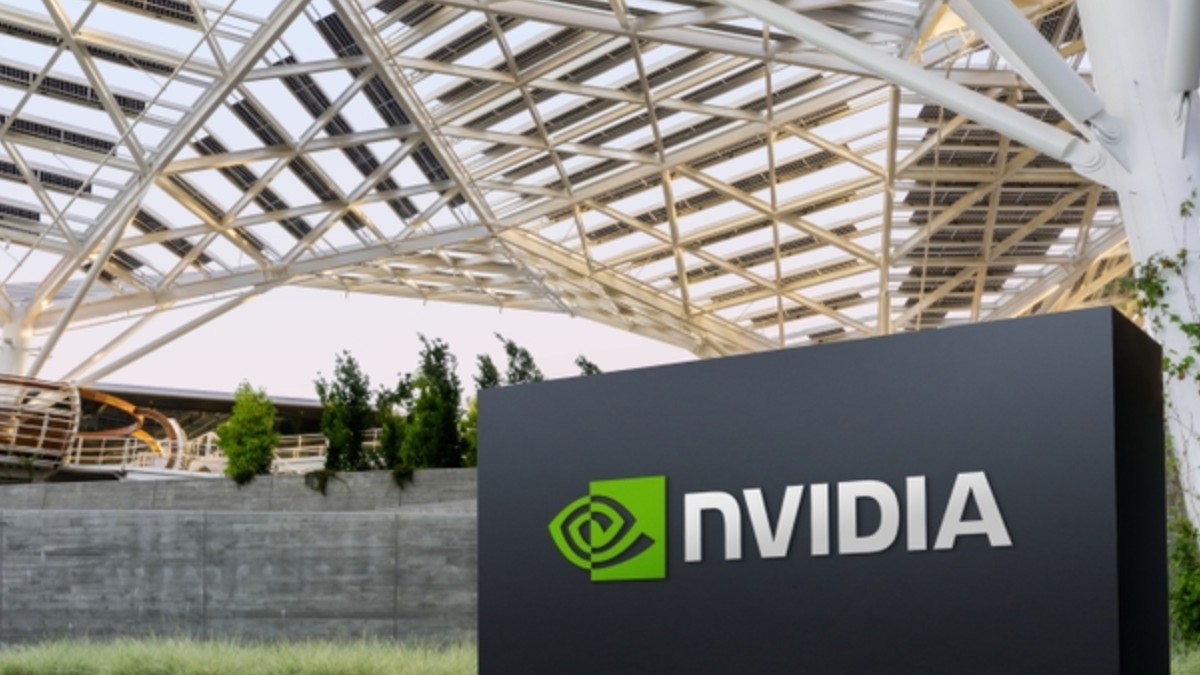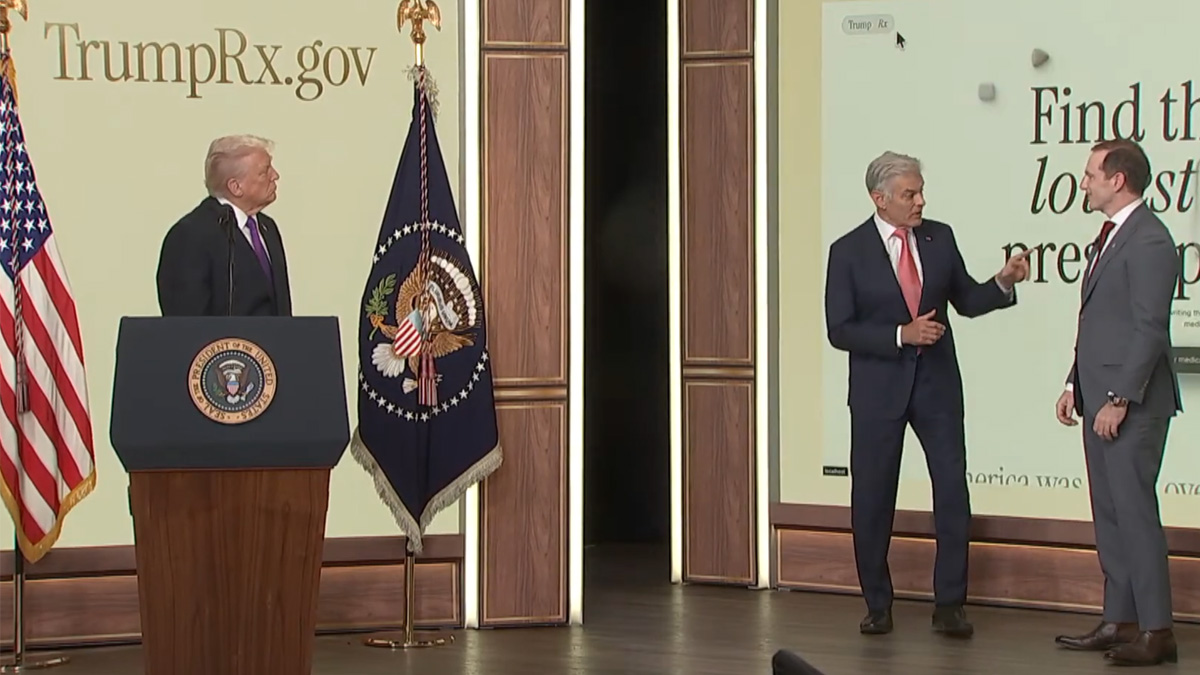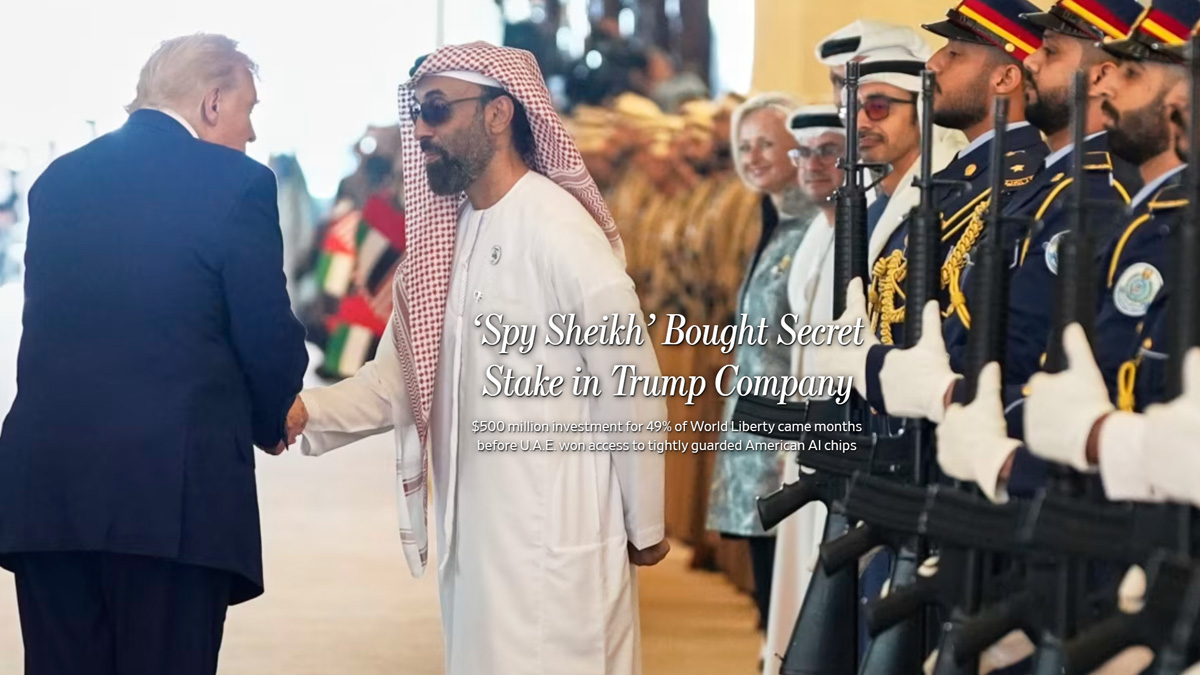US Congress passes bill to release Jeffrey Epstein files as Trump reverses stance
Congress has overwhelmingly passed a bipartisan measure ordering the release of unclassified files related to Jeffrey Epstein, sending the bill to President Donald Trump, who has pledged to sign it following a reversal under mounting pressure from lawmakers and survivors.

- Congress has passed a bipartisan bill mandating the release of unclassified files related to Jeffrey Epstein.
- President Donald Trump reversed his opposition and pledged to sign the measure into law.
- Epstein survivors and lawmakers say the release is essential for transparency and justice.
In a rare display of bipartisan unity, the United States Congress has passed legislation compelling the Department of Justice to release unclassified records related to Jeffrey Epstein, the late financier and convicted sex offender.
The measure was approved 427-1 in the House of Representatives on 19 November, 2025, and passed without objection in the Senate hours later. It now awaits the signature of President Donald Trump, who has pledged to sign the bill into law after abruptly reversing his opposition.
The legislation requires Attorney General Pam Bondi to release, within 30 days of enactment, all unclassified documents related to Epstein and his co-conspirator Ghislaine Maxwell. This includes investigative materials, communications, flight logs, and internal Justice Department documents, all to be published in a searchable and downloadable format.
Bondi retains the discretion to withhold or redact information that could identify victims or compromise ongoing federal investigations. Speaking at a press conference on 20 November, Bondi said, “We’ll continue to follow the law with maximum transparency, while protecting victims.”
Survivors of Epstein’s abuse played a central role in the legislative effort, appearing at the Capitol and holding a vigil on the eve of the House vote.
Annie Farmer, one of the survivors, described the years-long cover-up as “institutional betrayal,” adding that “so many more girls and women were harmed because these crimes were not properly investigated.”
The bill’s overwhelming passage followed weeks of mounting pressure from within both parties. The bipartisan push was led by Representatives Thomas Massie, a Republican from Kentucky, and Democrat Ro Khanna from California. Both lawmakers bypassed leadership resistance by initiating a discharge petition, a rare procedural move that forced the House vote.
Massie described the vote as a “victory for justice,” saying, “We fought the president, the attorney general, the FBI director, the speaker of the House and the vice president to get this win.”
One of the most notable elements of the bill’s passage was Trump’s sudden change of position. Although he had previously opposed releasing the records, he reversed course on 17 November, urging Republicans to support the measure and declaring “there’s nothing to hide.”
The reversal followed a surge in Republican support for the discharge petition, and mounting fears within the White House of mass defections in the House. Sources close to the administration told NBC News that Republican lawmakers had been urging Trump to shift his stance as early as the preceding Friday.
House Speaker Mike Johnson, who had previously dismissed the effort as a “Democrat hoax,” voted in favour of the bill but expressed frustration at what he described as a rushed process.
Johnson said he had concerns about ensuring adequate protections for victims, adding, “I’m deeply disappointed in this outcome,” though he deferred to Senate leadership to advance the bill.
Republican Representative Clay Higgins of Louisiana cast the only vote against the bill, citing concerns about potential harm to “thousands of innocent people” including witnesses and family members.
Trump’s personal history with Epstein resurfaced amid the debate. The two men socialised in the 1980s and 1990s before falling out in the early 2000s. Trump has said he banned Epstein from his Mar-a-Lago estate after allegations emerged that Epstein was recruiting young women from the premises.
While thousands of documents have already been turned over to the House Oversight Committee, the new law mandates a broader and more comprehensive release. Among the documents already published are emails between Epstein and Ghislaine Maxwell, as well as with journalist Michael Wolff.
One 2011 email from Epstein to Maxwell referenced Trump and an unnamed victim, later identified as Virginia Giuffre, who died by suicide in April 2025. Giuffre had previously stated that she never witnessed Trump engage in any abuse, and there is no indication in the documents of wrongdoing by Trump.
At a press event with survivors, Representative Marjorie Taylor Greene — once a staunch Trump ally — criticised the administration’s handling of the issue, calling it “one of the most destructive things to the MAGA movement” since 2016. Trump later labelled her a “traitor.”
Survivor Jena-Lisa Jones, who said she had voted for Trump, criticised him directly, stating: “Please stop making this political… Your behaviour on this issue has been a national embarrassment.”
The release of the Epstein files could have wide-reaching consequences. Many documents mention prominent figures across politics, finance, and media, though legal experts caution that such mentions do not necessarily imply criminal conduct.
Despite previous opposition from senior Republican leadership, the breadth of support in both chambers highlights a growing demand for transparency in high-profile investigations involving public figures.
Democrat Ro Khanna said, “Because survivors spoke up, because of their courage, the truth is finally going to come out. And when it does, this country is really going to have a moral reckoning.”




